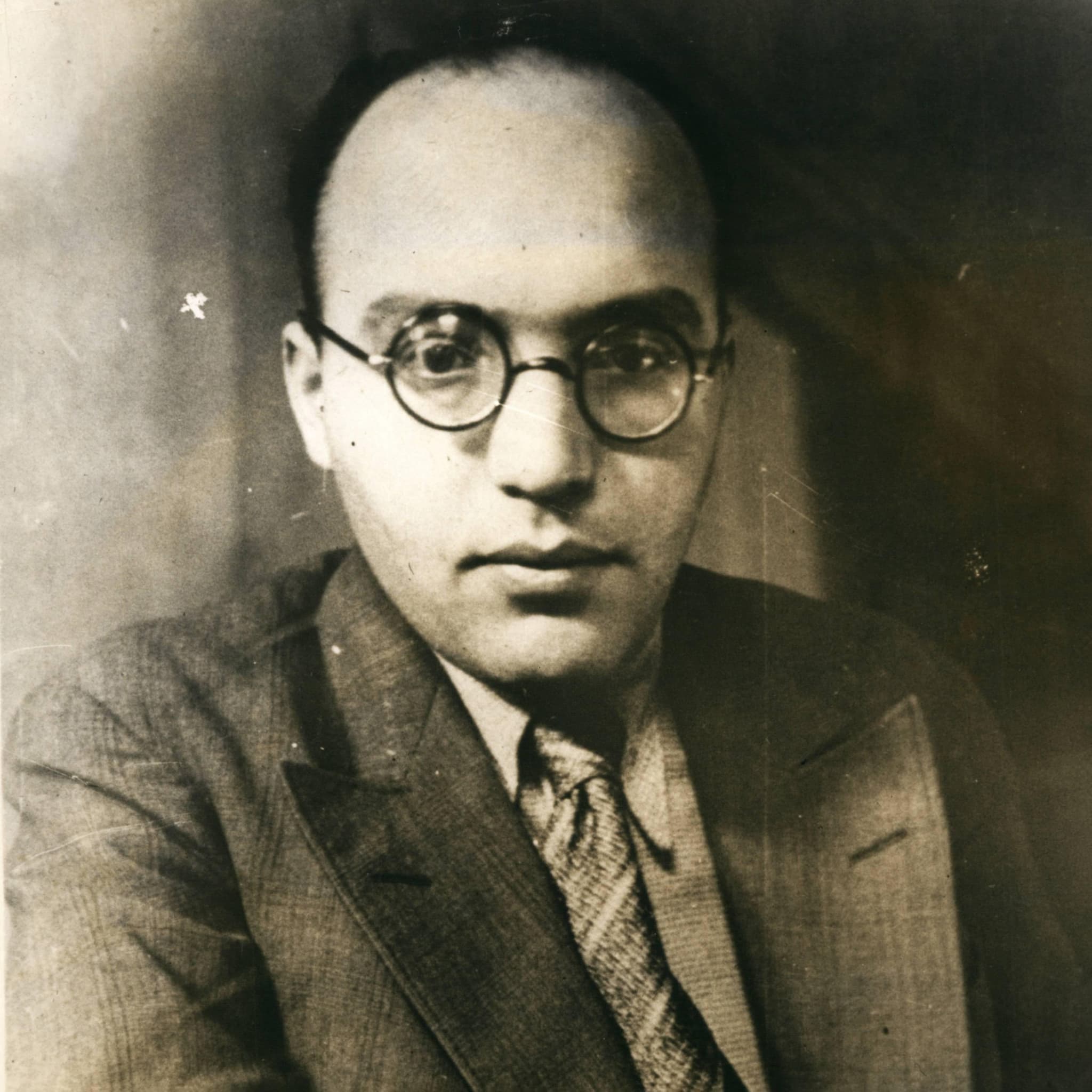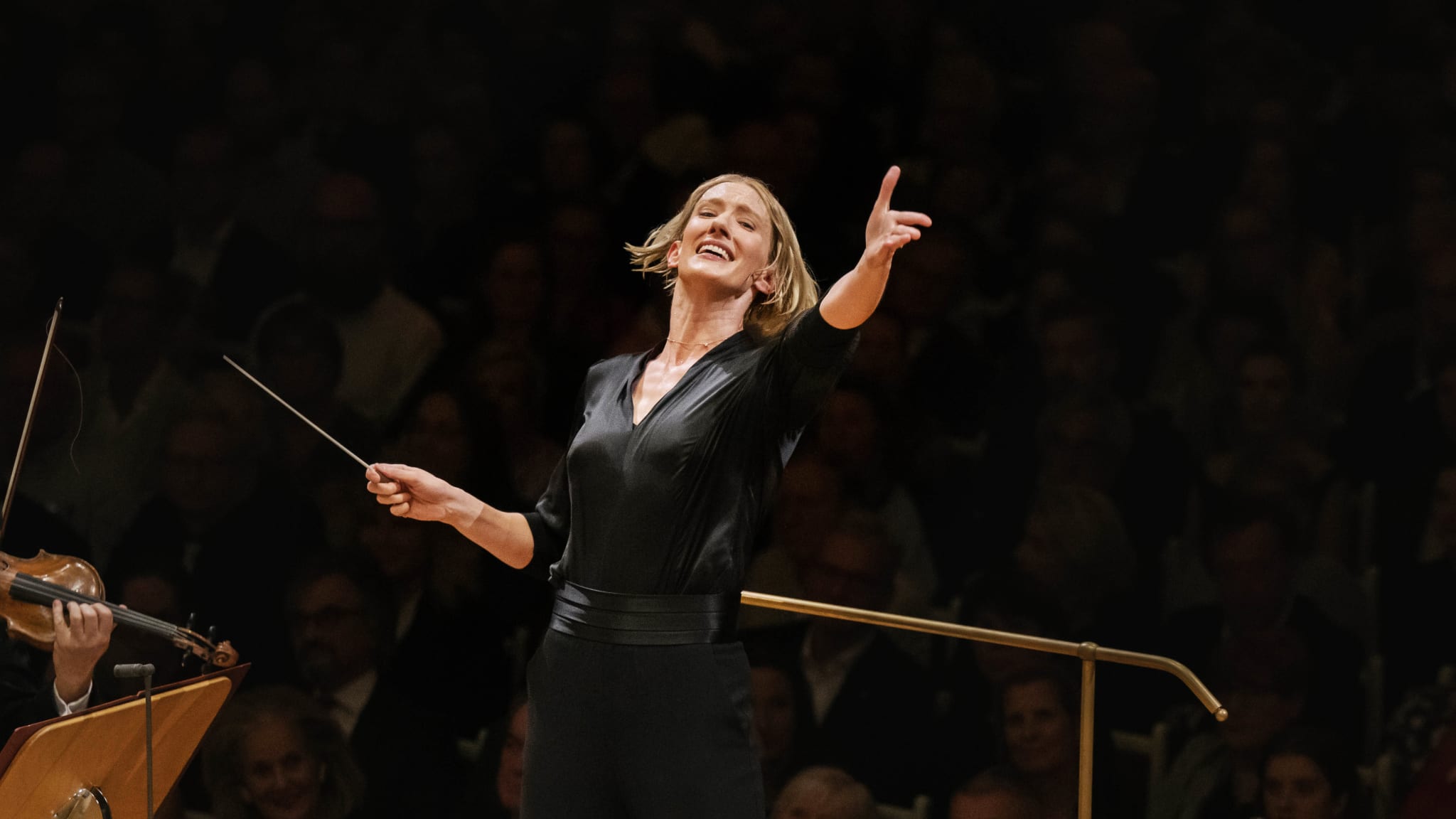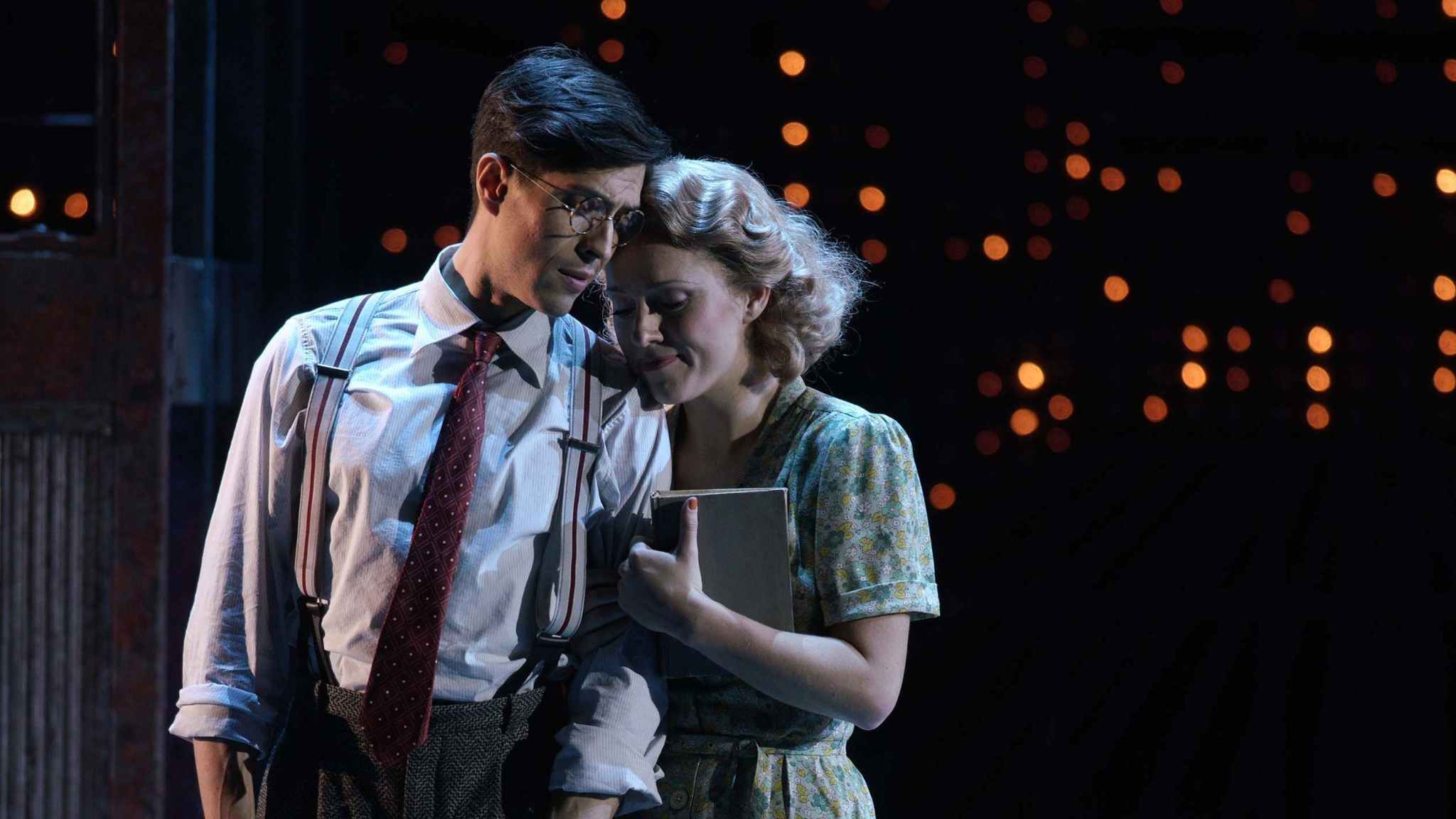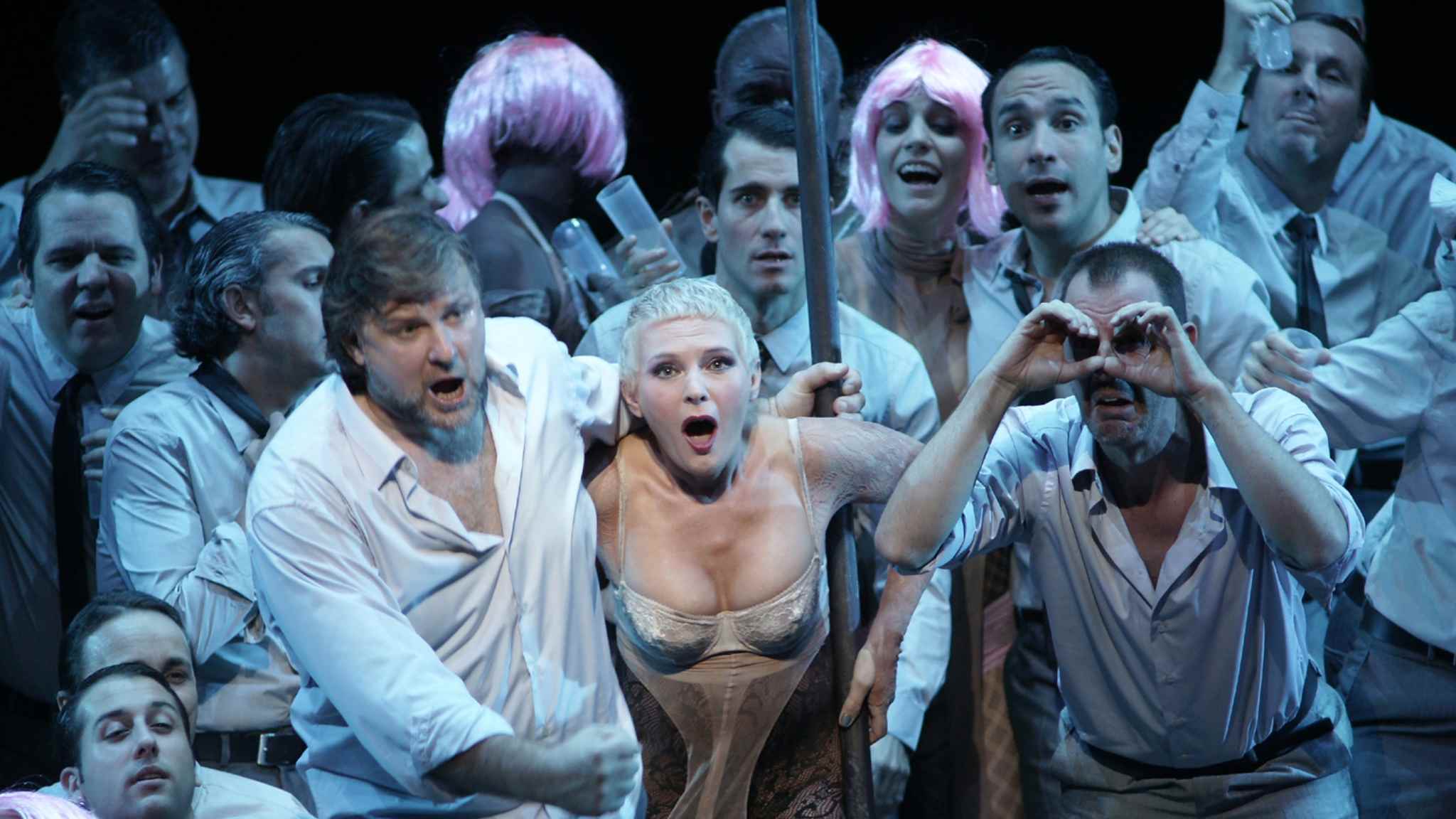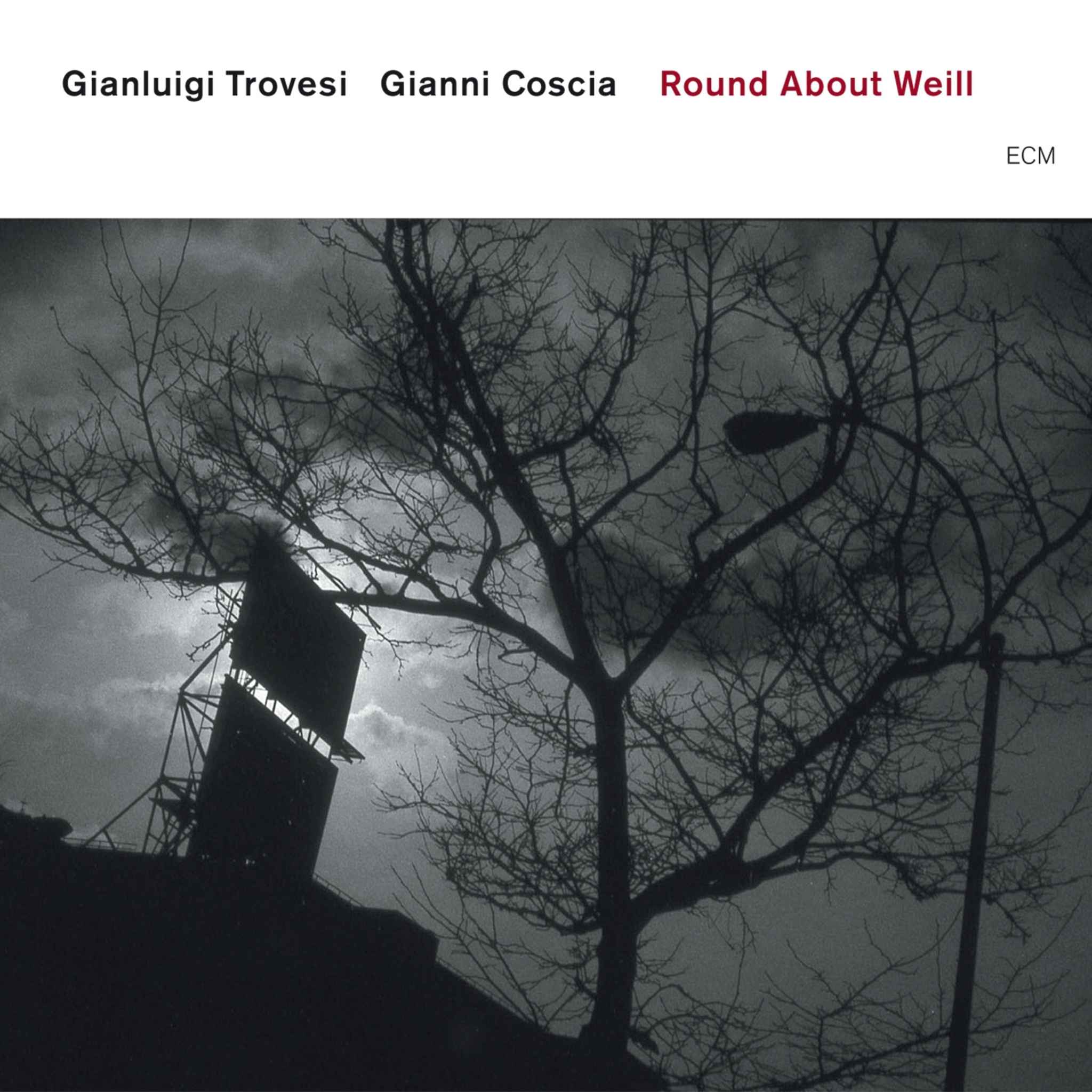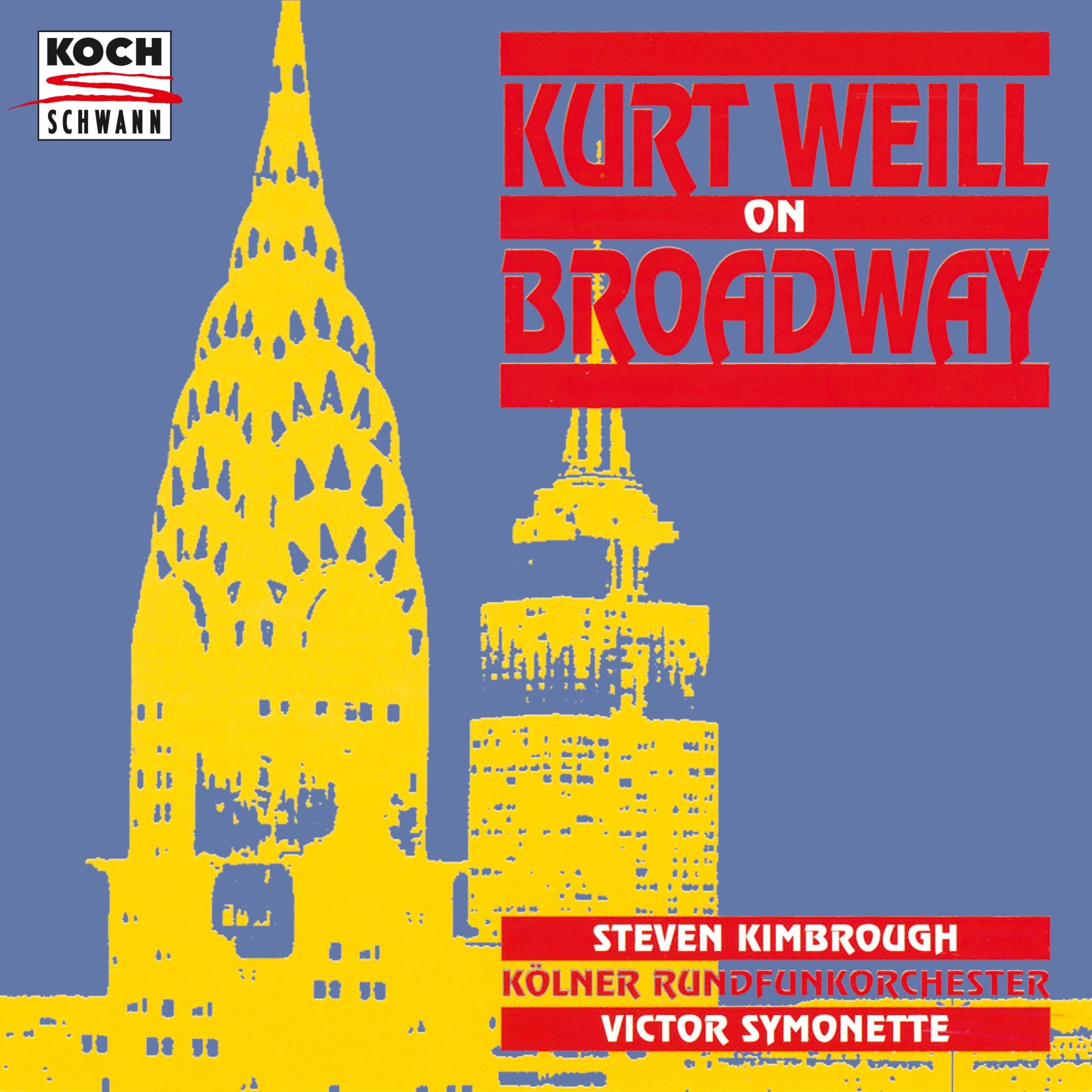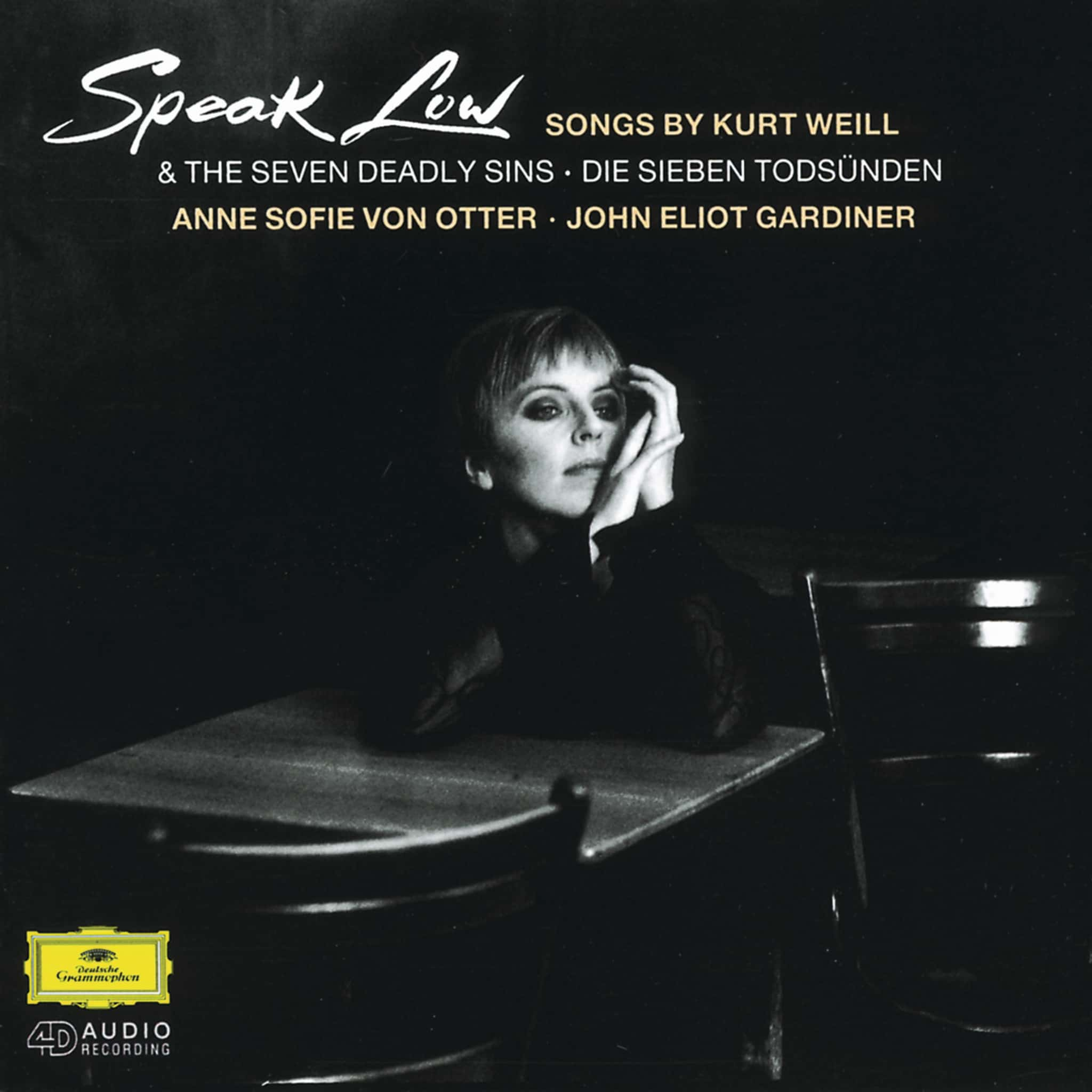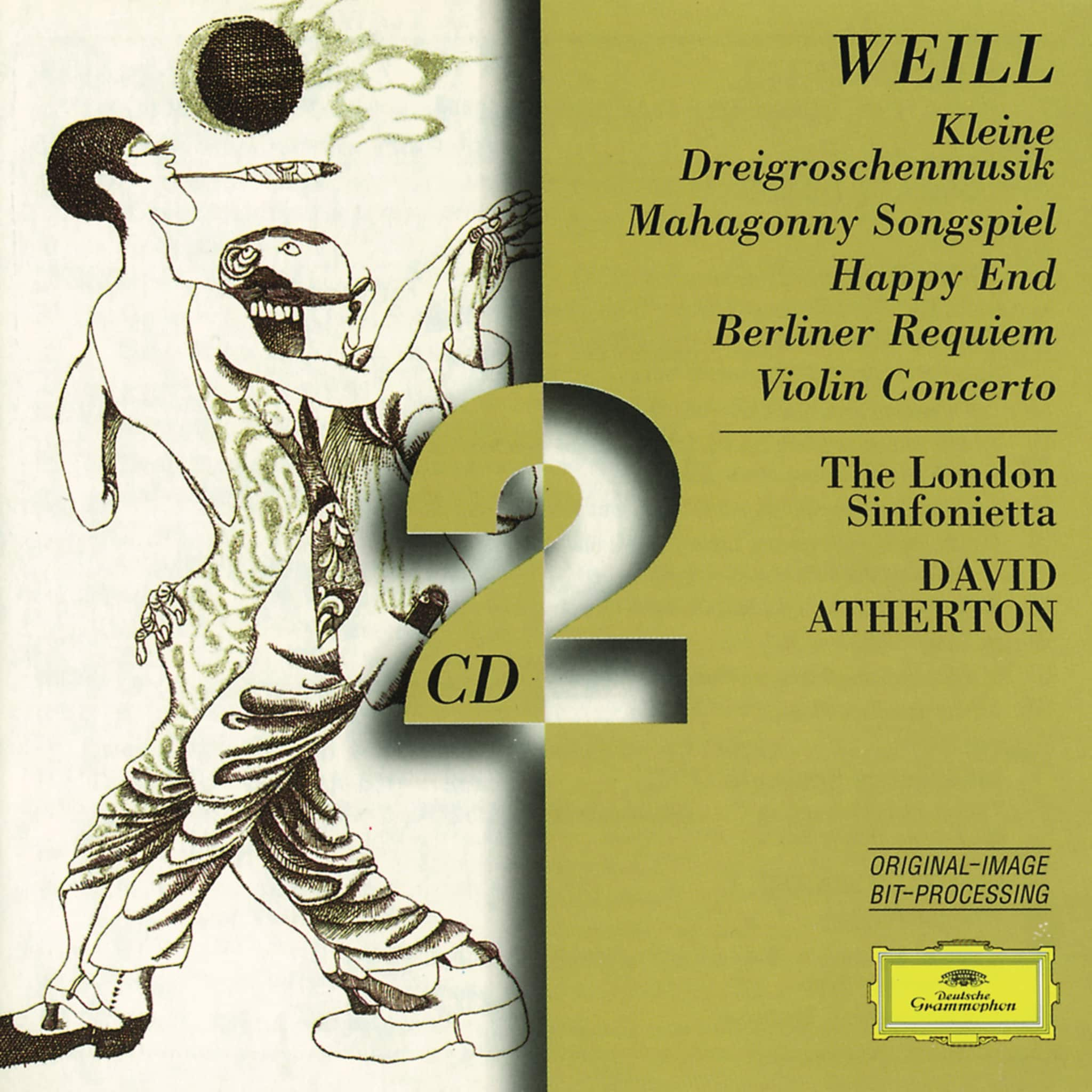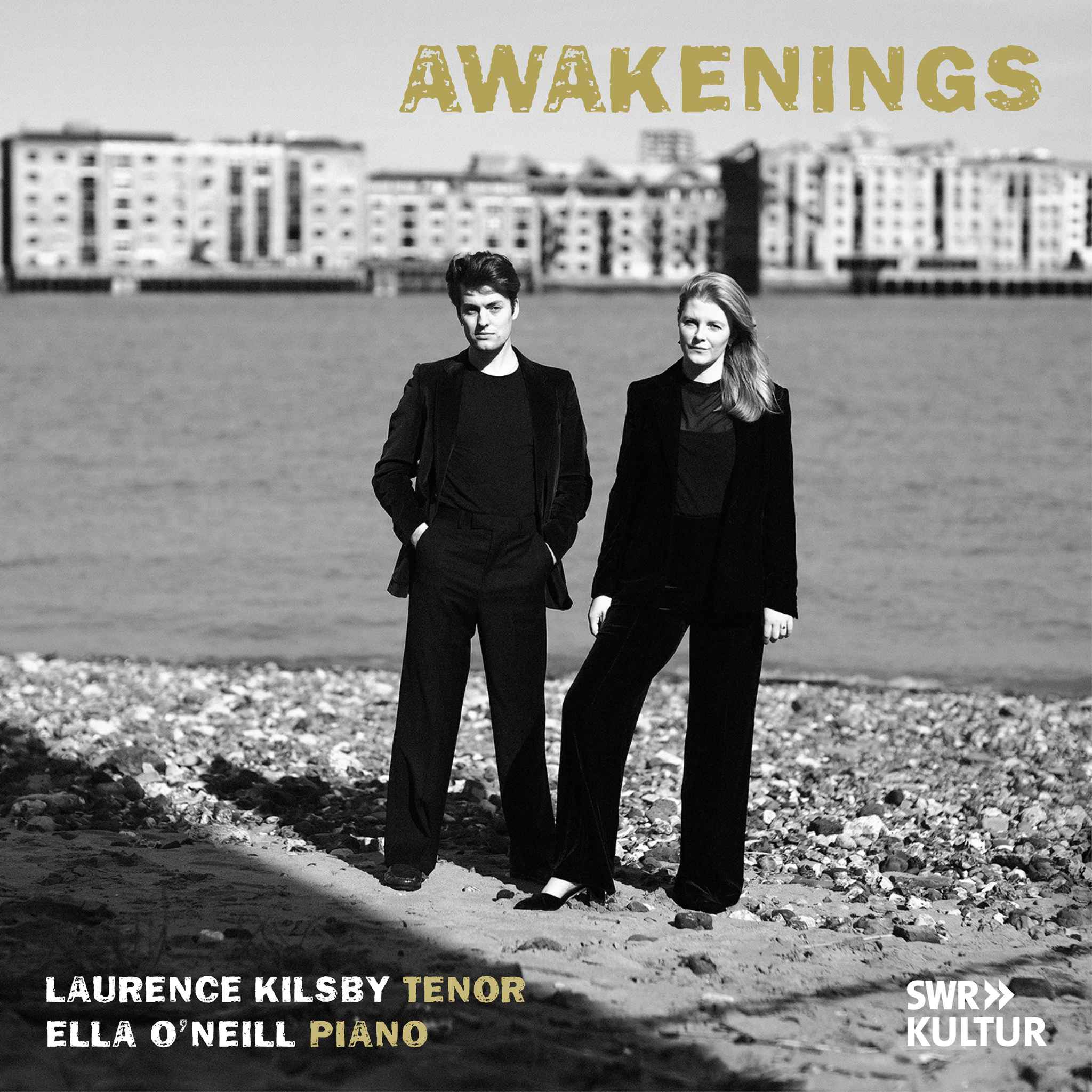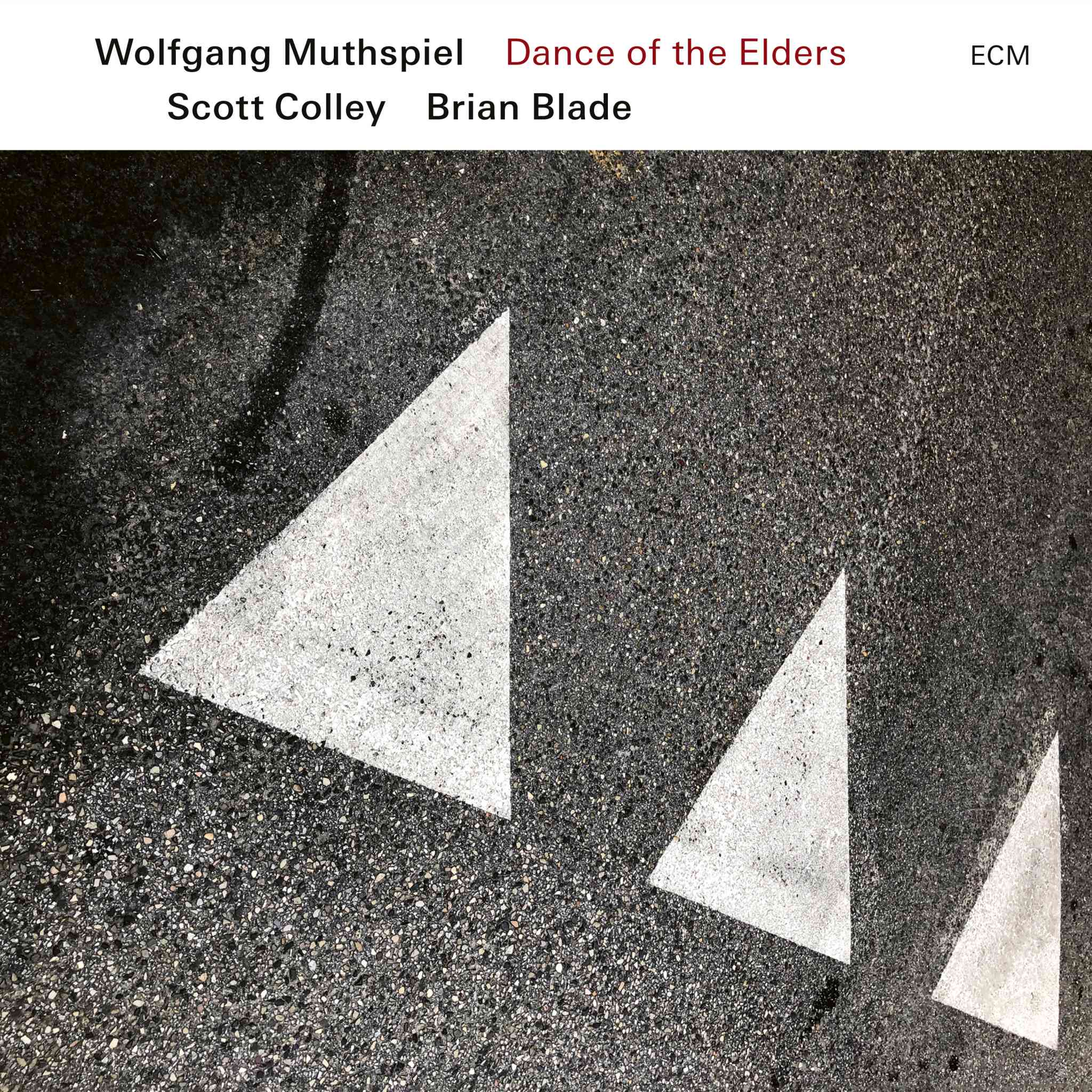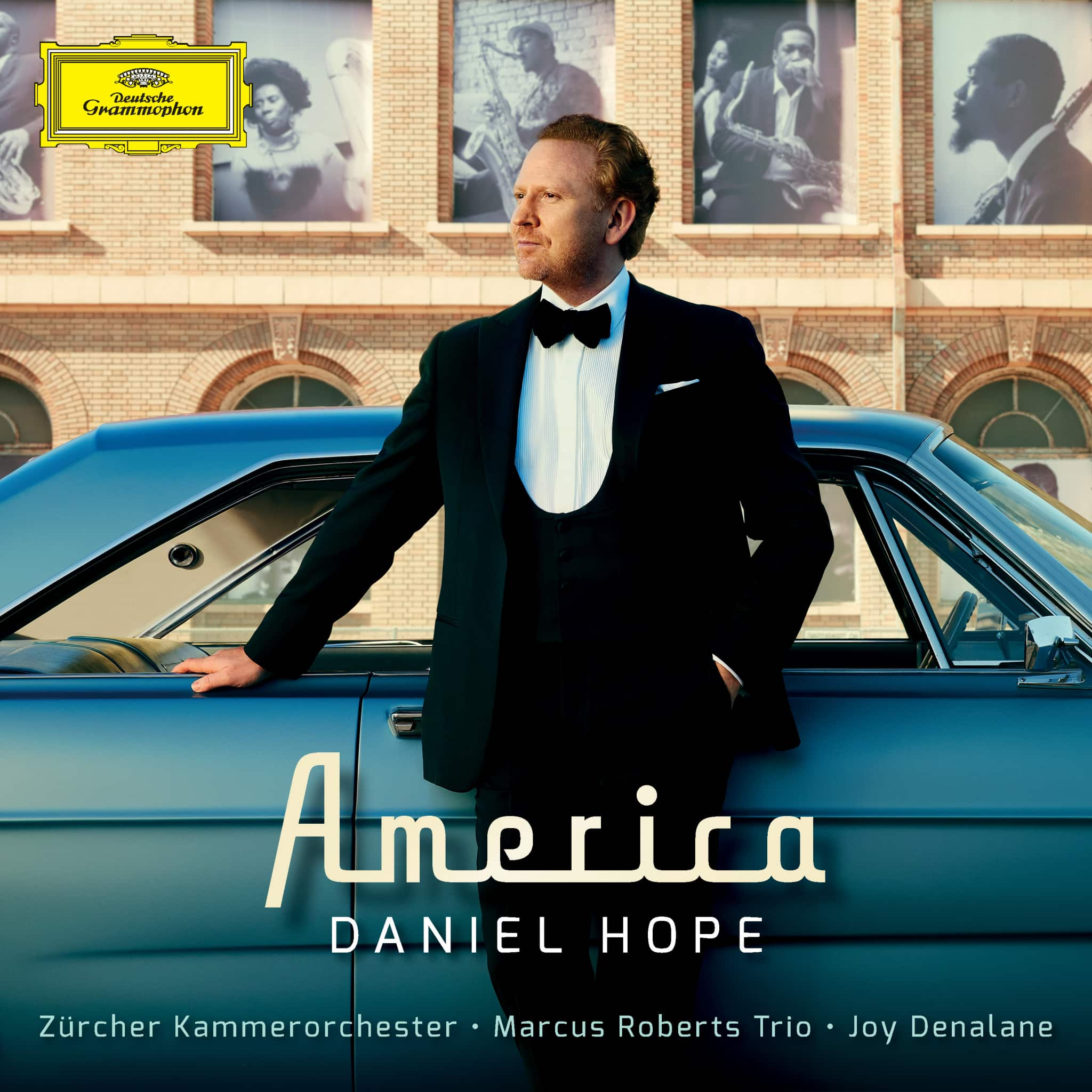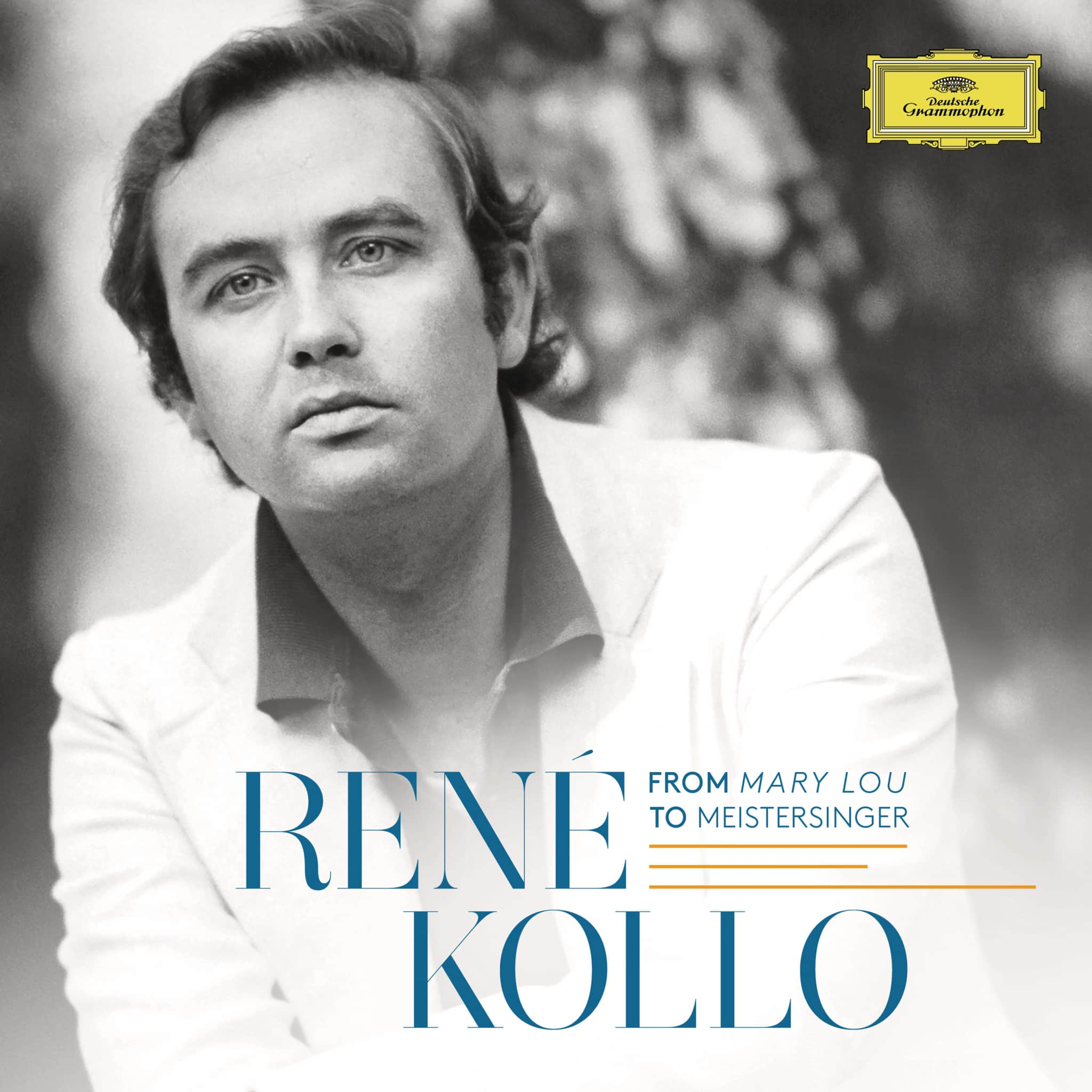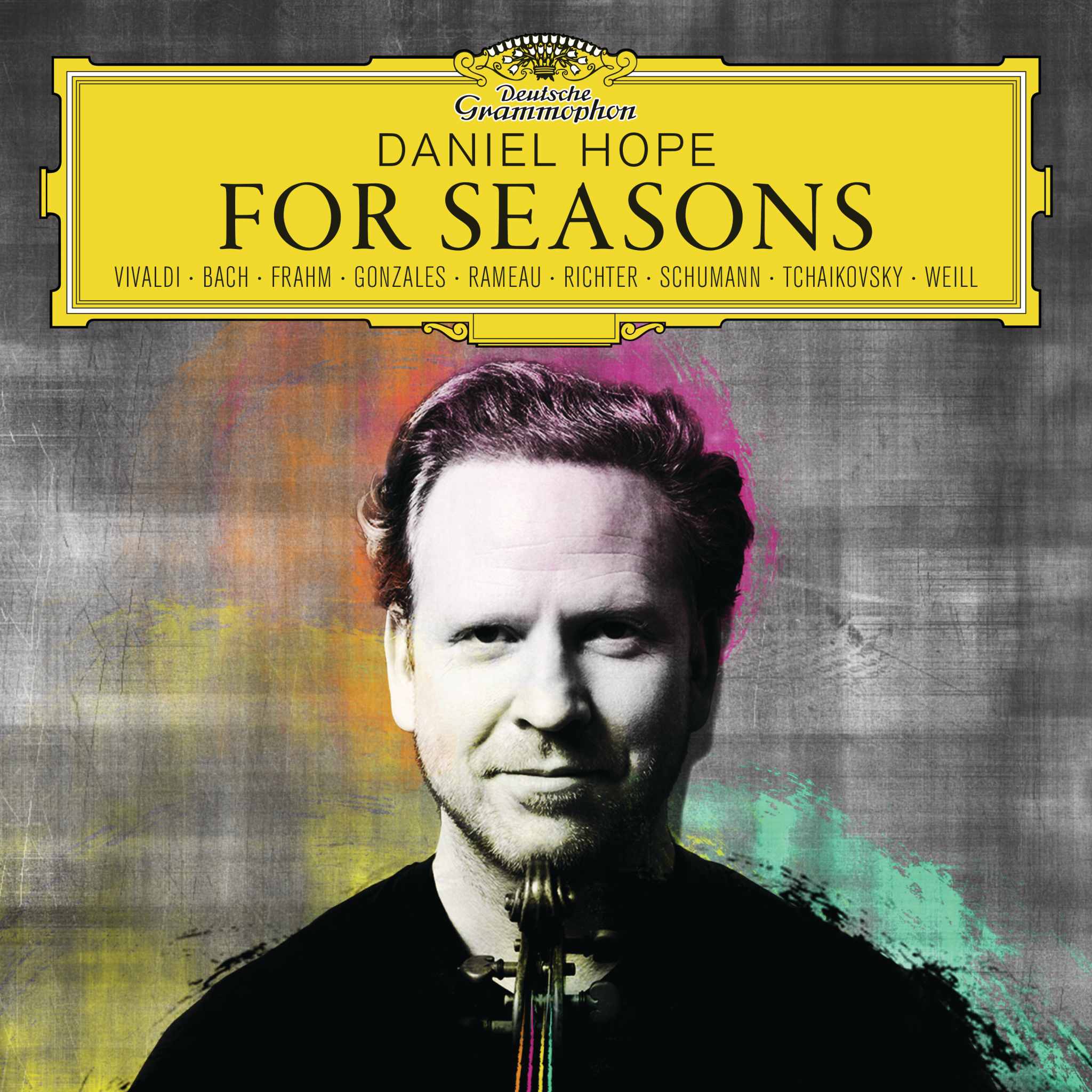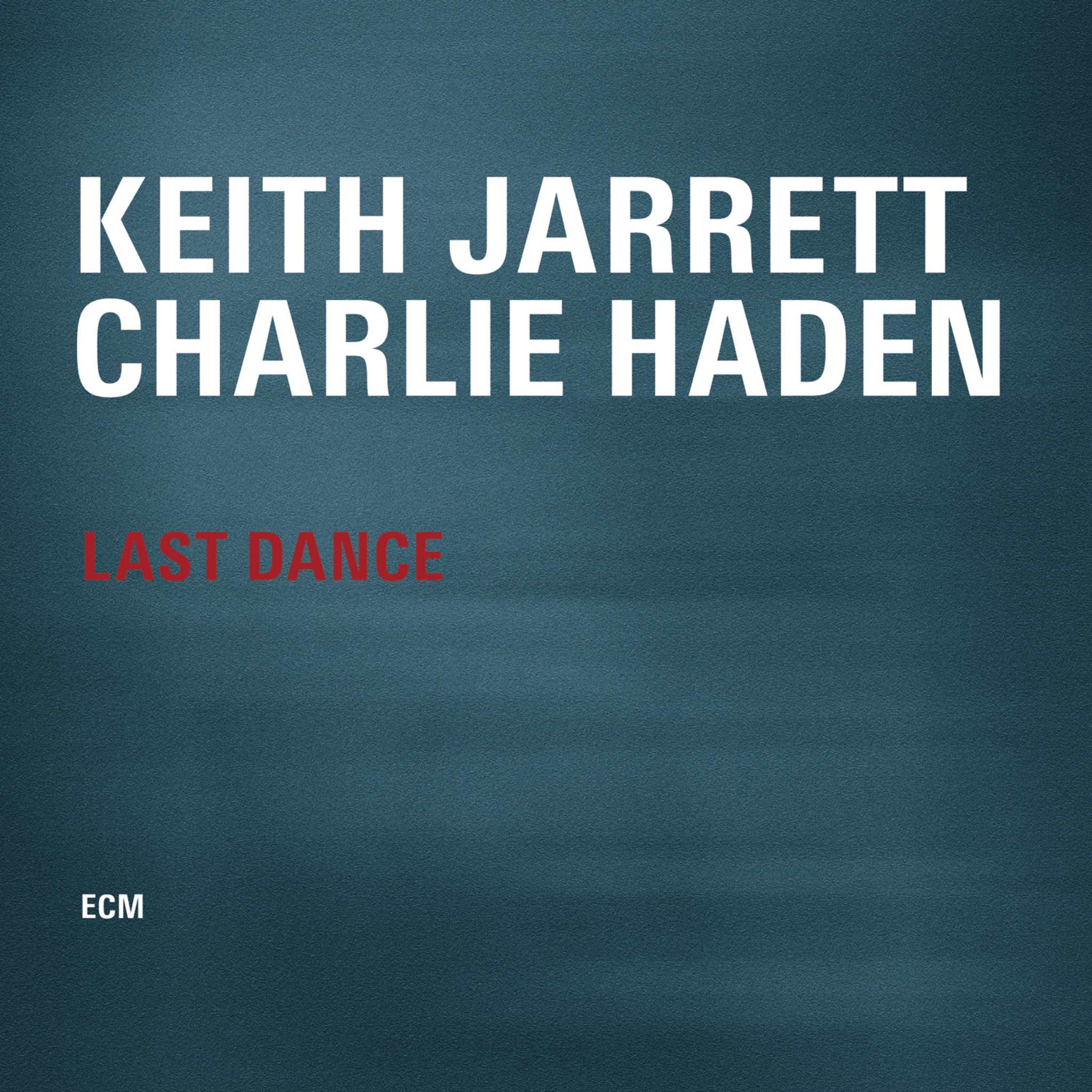An Expository History of Kurt Weill's Influential Music and Stage Contributions
Kurt Weill, born in Dessau, Germany in 1900, was a composer whose career spanned the rise of Weimar Berlin's avant-garde and the golden age of Broadway. The son of a synagogue cantor, Weill's early exposure to music and training with notable composers such as Engelbert Humperdinck and Ferruccio Busoni laid a strong foundation for his innovative musical voice.
Kurt Weill: The German-born Composer who Revolutionized Music
Weill entered the Berlin music scene in the early 1920s, quickly distinguishing himself through a blend of expressionistic and experimental styles. His first major operatic works, Der Protagonist (1926) and Royal Palace (1927), established him as a significant young composer, recognized for fusing theatrical innovation with modernist music. In these works, Weill began integrating dance rhythms and elements from emerging American dance music, signaling his future direction.
Kurt Weill's Impact and Influence in Berlin's Theatrical World
Weill's most influential works emerged from his collaboration with playwright Bertolt Brecht. Together, they created operas and stage works that were both musically innovative and sharply critical of society. Die Dreigroschenoper (The Threepenny Opera, 1928) became a landmark piece, known for its accessible, tuneful style and its potent satire of contemporary social conditions. The song "Mack the Knife" from this opera remains a standard in both classical and popular music repertoires. Other major Brecht collaborations included Aufstieg und Fall der Stadt Mahagonny (Rise and Fall of the City of Mahagonny, 1930) and Die sieben Todsünden (The Seven Deadly Sins, 1933).
A Snapshot of Kurt Weill's Successful Collaborations and Works
Weill's work was not limited to his collaborations with Brecht. His early operas, such as Der Protagonist and Royal Palace, as well as other works like Der Zar lässt sich photographieren (1927), showcased his innovative approach to music and theatre. These works were significant in establishing Weill as a leading figure in the Berlin music scene, and they laid the groundwork for his future success.
What Made Kurt Weill's Music Compelling and Timelessly Renowned
Weill's music was compelling due to its unique blend of innovative musical styles and socially critical themes. His ability to fuse different musical genres and his keen sense for theatricality made his works stand out. This, combined with his collaborations with influential figures like Bertolt Brecht, resulted in music that was not only groundbreaking but also timelessly renowned.
Kurt Weill's Adaptation and Success in the American Music Scene
Fleeing the Nazi regime, Weill resettled in the United States, where he reinvented himself as a celebrated Broadway and film composer. Notable American successes are the musicals Lady in the Dark (1941) and Street Scene (1947). These works marked a new phase in Weill's career and solidified his place in the American music scene. His contributions to the American musical theatre and his continued influence on contemporary music underscore the enduring impact of his work.
